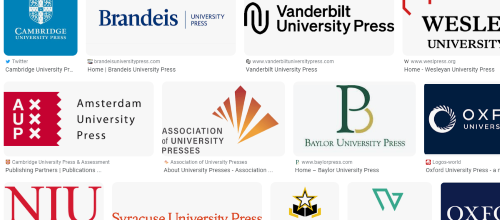Ooliganize If You Want to Break the Silo
If you are a book publisher, perhaps I’ve just described a truly basic, almost banal aspect of your work life. If you are a planner who has ever been under the inertiatic weight of a public agency, perhaps you can see why I am so fascinated with Ooligan Press.










